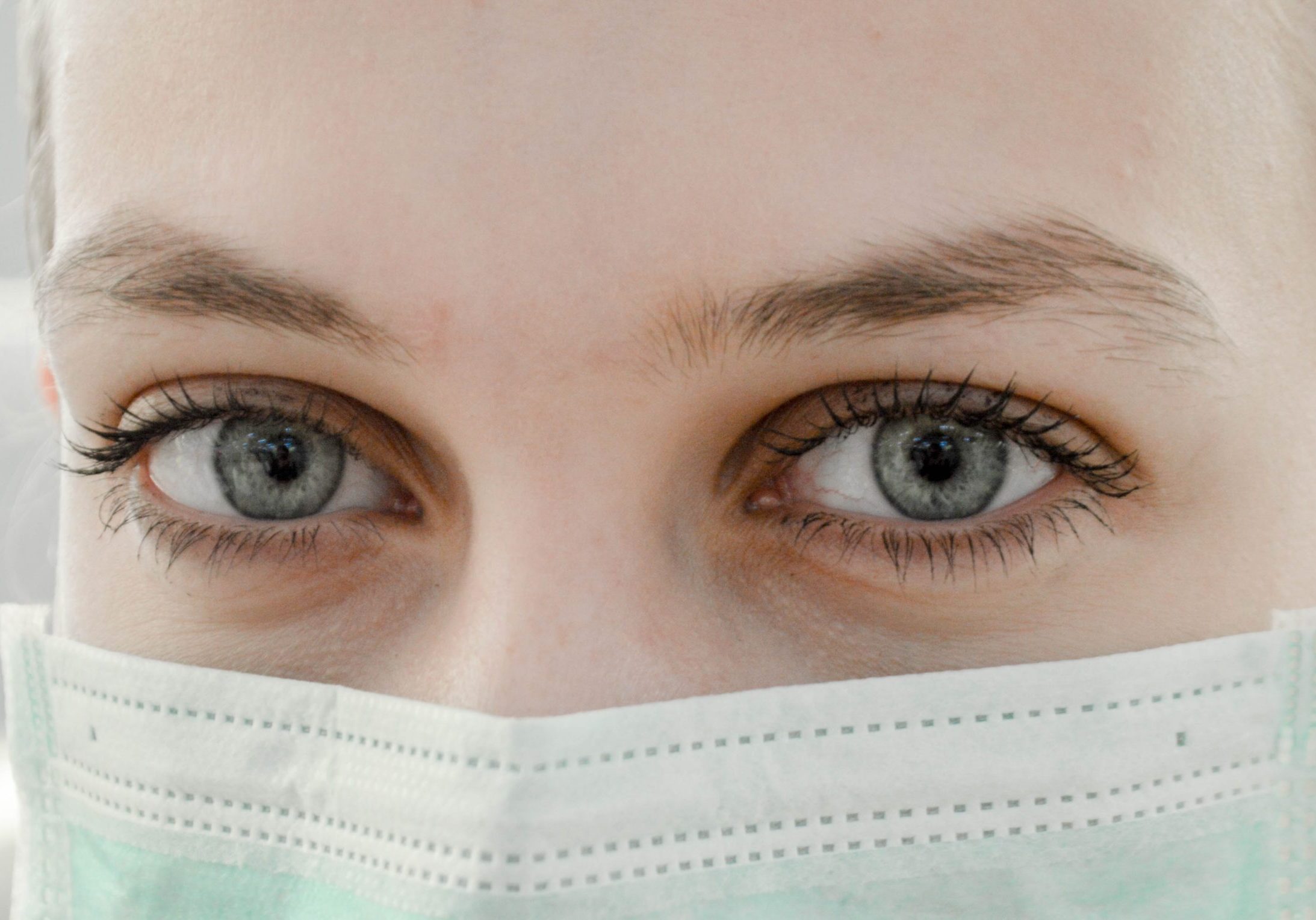If someone had told us a year ago that the world would be hit by a pandemic that would infect millions of people and change life as we know it, we all would have called them crazy. But here we are, learning to live in a new world and trying to keep ourselves and our loved ones safe.
We have put together a pandemic survival list of all the important things to remember and action.
Keep up good hygiene and social distancing
We have all heard this one over and over but it is arguably the most important thing to remember. Not only should you wash and sanitise your hands regularly during the day but you should also sanitise items you touch frequently like your phone, keys, wallet and cards. Some other surfaces to consider that might be touched regularly in an office or at home are door handles, water taps and your computer. Don’t forget to social distance by staying 1.5m away from others and avoiding large crowds.
Wear a mask in crowded places or where possible
Regulations on wearing masks will change depending on the level of situation in each state so it is always good to keep up to date with what your local government’s health advice is. A good habit to get into is wearing a mask when you know you will be going to places like shopping centres or grocery stores that have a higher number of people around.
Make sure you know the symptoms and self-isolate
Stay informed on what symptoms to look out for and when you should get tested and self-isolate. Currently the health advice for COVID-19 is for anyone showing symptoms of fever, coughing, sore throat and shortness of breath to get tested. Once you have been tested you will be required to self-isolate until you get your results.
The Australian government has created a Coronavirus app that helps keep you up to date on the latest information and advice: https://www.health.gov.au/resources/apps-and-tools/coronavirus-australia-app
Know where your closest testing centre is
COVID-19 testing centres are constantly popping up around the country.
Find a clinic in your area:
ACT — covid19.act.gov.au
QLD — covid19.qld.gov.au
NSW — nsw.gov.au/covid-19
SA — covid-19.sa.gov.au
TAS — coronavirus.tas.gov.au
VIC — dhhs.vic.gov.au/coronavirus
WA — healthywa.wa.gov.au
Continue to consult with your GP
It is important to keep in contact with your GP and get checked when you have health concerns and questions or for regular check-ups. With the introduction of telehealth, it is easier now than ever to consult with your GP from the safety and comfort of your own home. You can book a telehealth appointment online or by calling our reception staff.
Have an emergency stash of supplies
If you haven’t already put together an emergency pack of supplies now is probably a good time to think about it.
The following is a condensed version suggested by the government:
✔ 14 days of food and water
✔ Medical and sanitary items (first aid kit, medication, toilet paper, soap etc.)
✔ Emergency light (torch with batteries etc.)
✔ Emergency communication sources (battery powered radio etc.)
✔ Clothing and footwear (warm clothes and closed toe shoes etc.)
✔ Tools and other supplies (utility knife, garbage bags, safety glasses etc.)
✔ Specialty supplies (baby items, elderly/special needs care, pet food etc.)
✔ Important documents (passports, certificates, mortgage/contents insurance papers etc.)
For full checklists and shopping list resources:
https://www.health.nsw.gov.au/emergency_preparedness/planning/Pages/emergency-pantry-list.aspx
https://www.qld.gov.au/emergency/dealing-disasters/prepare-for-disasters/emergency-kit
Remember you are not alone
Living through a pandemic can be a very stressful and anxious time so it is important to stay connected with family and friends. Even if you can’t see them in person, technology has made it easy to be just a phone or video call away.
If you are feeling overwhelmed or anxious, your GP is always here to help!
If you require help immediately, you can visit this site for resources and phone numbers: https://www.health.gov.au/health-topics/mental-health

